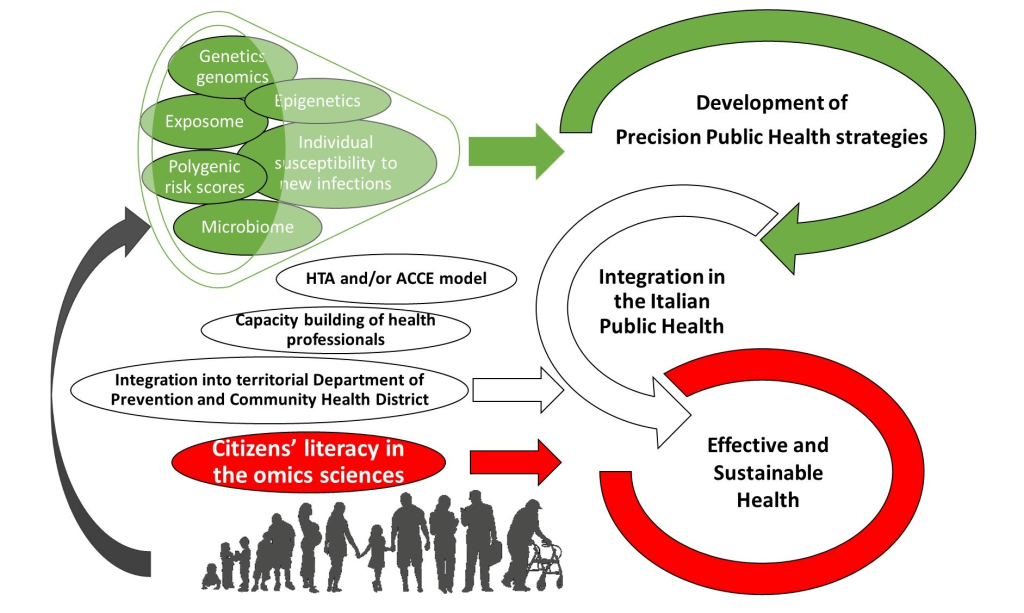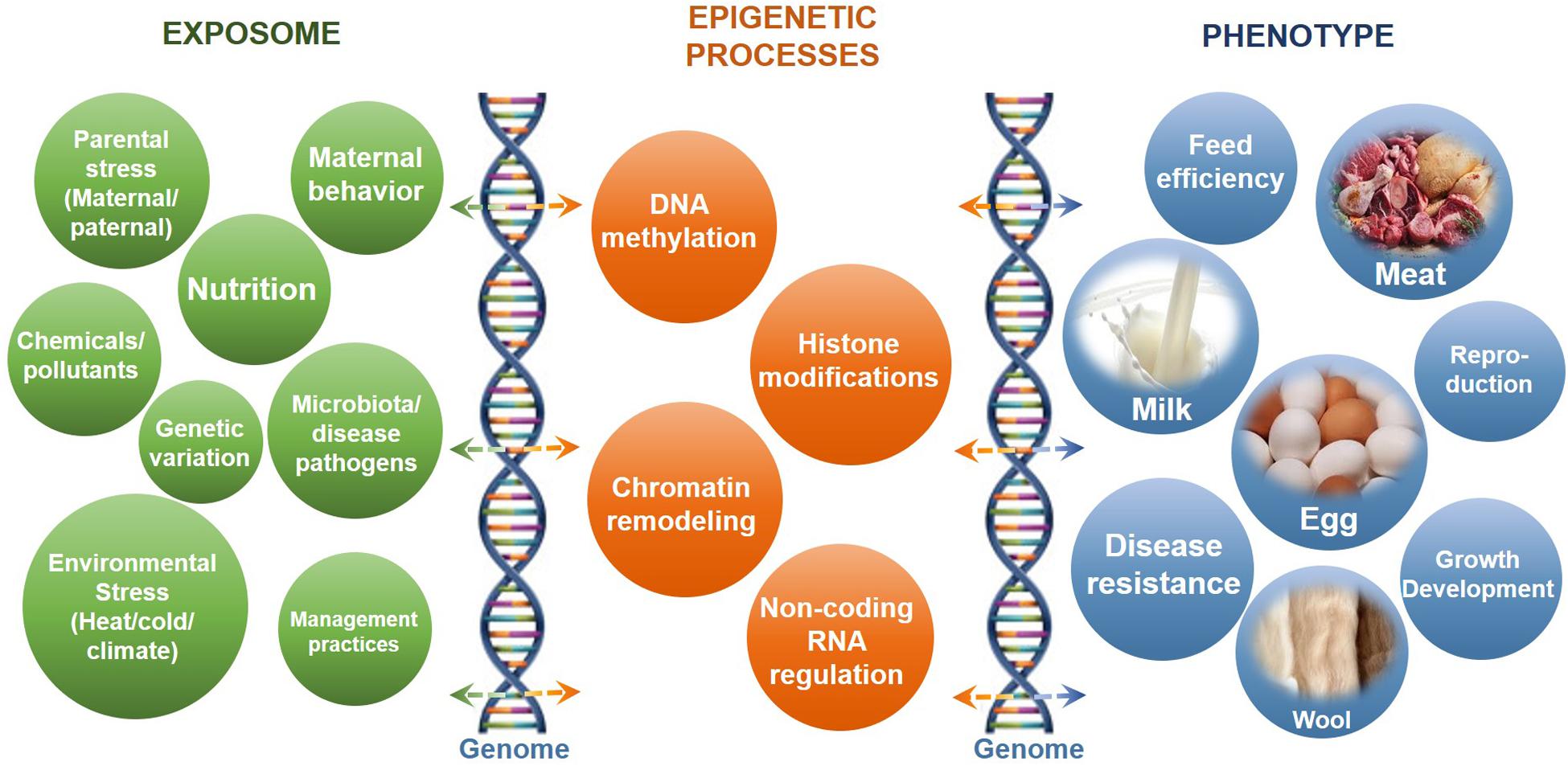The Impact of Epigenetics on Personalized Health
In today’s fast-paced world, where individuality is celebrated, and healthcare is becoming increasingly tailored to unique needs, the role of epigenetics in personalized health cannot be underestimated. This revolutionary field of study has opened new avenues for understanding how our genes interact with our environment, shaping our health and well-being. This article will delve into the captivating realm of epigenetics and its significant ramifications for individualized healthcare.
What is Epigenetics?
To embark on this enlightening journey, it is essential first to grasp the concept of epigenetics. Epigenetics encompasses alterations in gene expression or cellular traits that are unrelated to changes in the DNA sequence. Instead, it involves modifications to the structure of DNA or its associated proteins. These modifications can influence various factors, including lifestyle, diet, stress, and environmental exposures.
The Epigenome: Your Genetic Switchboard
Imagine your DNA as a vast library of genetic information containing all the instructions needed to build and maintain your body. In this analogy, the epigenome acts as the librarian, carefully organizing and regulating which books (genes) are accessible and when they are read. It controls the switching on and off of genes, ultimately determining your unique characteristics and susceptibilities.

Personalized Health: Unraveling the Epigenetic Code
Now, let’s delve into how epigenetics contributes to personalized health. The epigenetic code is not fixed at birth but dynamic and responsive to external cues. This means our lifestyle choices and environmental exposures can influence our epigenetic marks, impacting our health.
Lifestyle Choices Matter
One of the most significant revelations in personalized health is that our lifestyle choices are pivotal in shaping our epigenetic landscape. Factors such as diet, exercise, and stress management have been shown to influence epigenetic modifications. For instance, a diet rich in certain nutrients can promote the expression of genes associated with longevity and disease prevention.
Environmental Exposures
The environment we live in can also leave its mark on our epigenome. Being exposed to toxins, pollutants, and even socio-economic factors can potentially induce epigenetic modifications that elevate the likelihood of specific diseases. Understanding these environmental influences allows for tailored interventions to mitigate health risks.
Unlocking Personalized Medicine
Epigenetics has opened doors to personalized medicine, where treatments and interventions are tailored to an individual’s unique genetic and epigenetic profile. This approach goes beyond the one-size-fits-all healthcare model and allows for precision treatments that are more effective and have fewer side effects.
Conclusion: Embracing the Epigenetic Revolution
In conclusion, the role of epigenetics in personalized health is nothing short of revolutionary. It underscores the importance of our daily choices and the environment in which we live, as they can influence our genes and, consequently, our health outcomes. Embracing this knowledge empowers individuals to take proactive steps toward a healthier, more personalized approach to well-being.
So, as we navigate the ever-evolving healthcare landscape, remember that your epigenetic marks are not set in stone. They are responsive to your choices, offering a path to a healthier, more personalized future. Understanding and harnessing the power of epigenetics is a step toward a brighter and more individualized era of healthcare.
